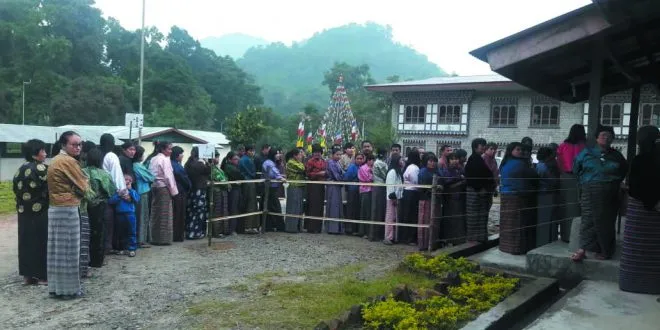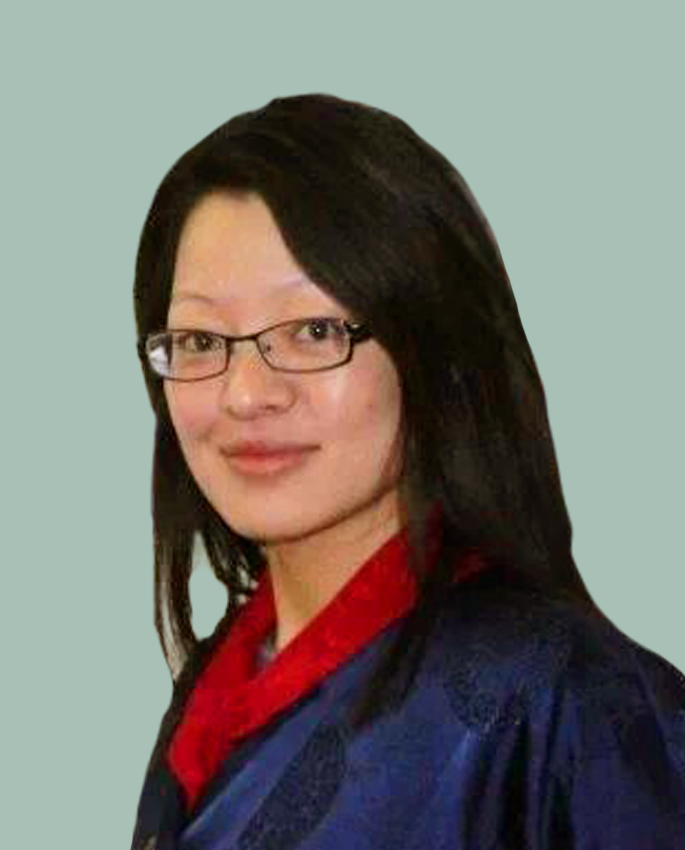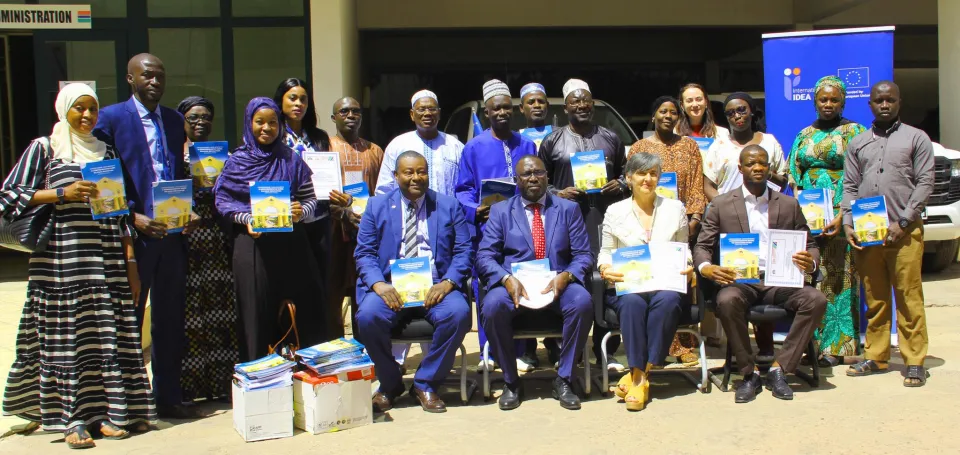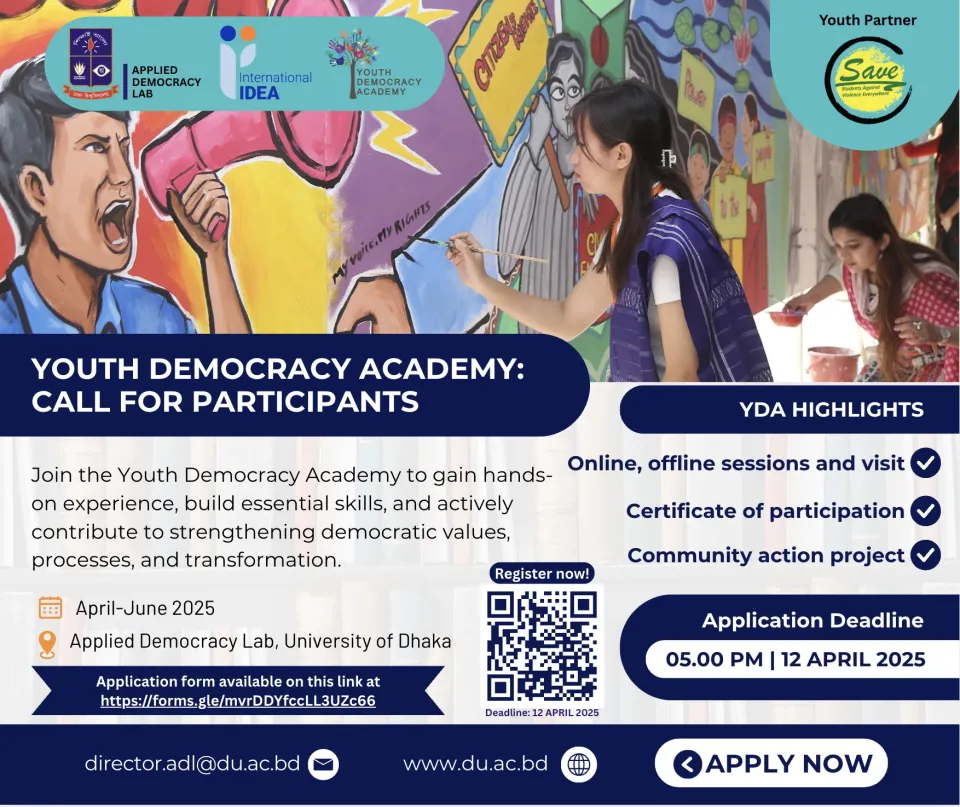Bhutan votes for change, inclusive growth with Prime Minister-elect Lotay Tshering

Centre-left Druk Nyamrup Tshogpa (DNT) will form the third elected government of Bhutan following Lotay Tshering’s win in the 18 October parliamentary election. With the ruling People’s Democratic Party eliminated in the first of the two rounds of the election, the country voted between DNT and the Druk Phunsum Tshogpa (DPT), which governed between 2008-2013.
In Bhutan’s nascent democracy, no incumbent party has ever been re-elected and this trend continues. Unlike its two other competitors, DNT will be represented in the parliament for the first time.
With a relatively small voting population of approximately 400,000 people, the strong anti-incumbency factor is being pointed out as the main reason for the people’s penchant for change. This also marks the first time when all the senior ministerial candidates of the winning party will be new in the parliament.
The Prime Minister-Elect Tshering is a physician who has gained national prominence with his mobile medical practice, which took him across the country. During his first foray into politics in 2013, his party failed to be elected into the parliament. This time around, his strong promotion of social services as a party manifesto and national objective struck a chord with the voters, and his party secured 30 seats in the parliament compared with the 17 won by the opposition DPT. Only two parties are represented in the country’s parliament, while multiple parties can exist outside it.
The primary round contested a month ago allowed voters to choose among multiple parties. Next, the two leading parties are given the chance to contest in the runoff election where they fielded each candidate in the country’s 47 constituencies.
Inclusivity in voting and representation
On poll day an impressive 71.46 per cent of the total registered voters cast their ballots. This was an increase from the 66 per cent registered in 2013. The increase is attributed to the advance voting facility made available by the Election Commission of Bhutan (ECB).
A total of 199,553 votes were cast in person at the 865 polling stations across the country. A total of 113,920 votes were cast using advance postal ballot facility, which allowed people to vote from their place of residence. To vote in person on the poll day, people must travel to their place of civil registration, which was widely viewed as a disincentive for people to vote.
Female voters outnumbered male voters but just marginally wherein of the 313,473 voters, 50.8 per cent were women. The postal ballot voter turnout was 113,920 of which 54,449 were female and 59,479 male. Of the total EVM voter turnout of 199,553, 104,870 were female and 94,689 male, according to the Election Commission of Bhutan.
The previous two National Assembly elections saw only four female candidates being elected each time. The two competing parties fielded five women each. While all five candidates for DNT were elected, only two were elected from DPT. Even though the elections was usual was highly male dominated. It is record breaking, as this is the highest number of women candidates being elected so far in comparison to the past two elections. For the Parliament of Bhutan as a whole, the jump in women representation is up from 8.3 per cent in 2013 to 15.3 per cent (nearly double) which is quite remarkable and success rate is impressive.
The underrepresentation of women in parliament was seen as a concern in Bhutanese polity, where women in general enjoy comparatively more privileges than in other societies in the South Asian region. Challenges facing some women candidate include difficult campaign territory across Bhutan’s rugged and remote countryside. Many current symbols and titles of public office also were designed mainly for men, and therefore, they were less attractive to female aspirants. In the case of members of parliament, male MPs would complete their official attire with a long sword, whereas women do not use this. In 2016 His Majesty the King bestowed the female members of parliament with a 'Goentak' or an ornamental pin, which elected women can use as the symbolic equivalent to the sword which demonstrates equality of women in spirit and in action.
Physical and psychological changes had to be made in representation of public office for women to be encouraged in politics. International IDEA in partnership with the Bhutan Network for Empowering Women supported initiatives aimed at changing the mind sets and building environment that is conducive for women through the civic education.
DNT’s promise of inclusive growth by narrowing the gap between the rich and the poor had wide appeal to many sections of the society including women. The party won in all seats from the western and southern regions of the country and was seen as very popular with the rural populace. Their promise to take health and educational services to the people’s very doorstep was received well.
The opposition party on the other hand campaigned mainly on the promise of future stability, which was seen by some people as being more abstract and unable to connect with ordinary people and their immediate interests. However, the seasoned politician and leader of DPT, Pema Gyamtsho was quick to congratulate DNT on its electoral success. He acknowledged that his party’s manifesto lacked many of the immediate expediencies of DNT but also said on national TV that he hoped the people will appreciate his long-term aspirations in future elections.
The country now awaits the official appointment of the cabinet, which will be comprised of almost exclusively new faces. The cabinet is likely to improve on gender balance compared with the past government’s inclusion of only one female minister. Tshering has promised the country that his cabinet will be inclusive and will be designed to deliver on his campaign promises.
Whether the promised social reforms and goods—which are unprecedented in the country—will be fulfilled or not, is something the people will see in the next five years. If DNT delivers on its promises, Tshering will be able to lead his party toward an electoral win in 2023. Otherwise, history may repeat itself.




